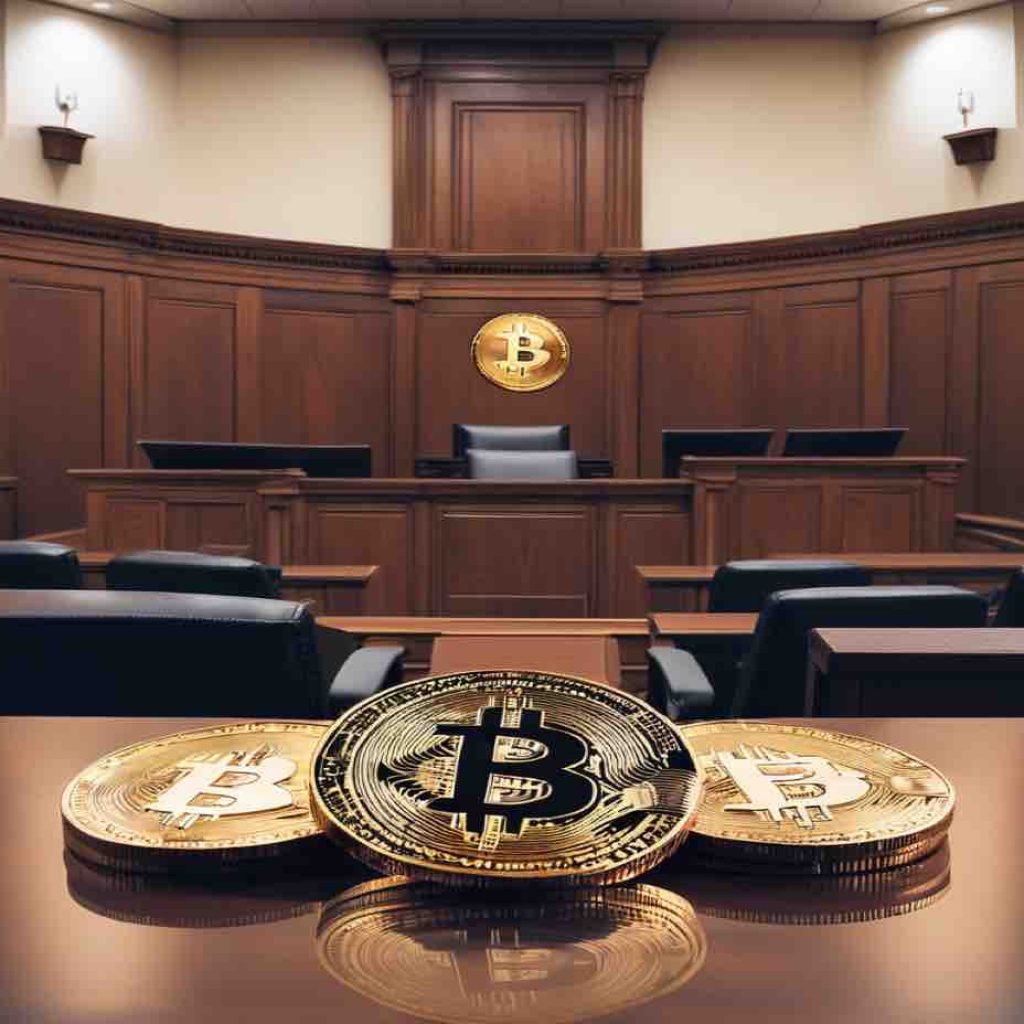Roblox Corporation’s CEO David Baszucki recently shared insights into the future of digital economies within the gaming world, indicating a potential shift towards embracing non-fungible tokens (NFTs). Consequently, the company’s successful digital currency, Robux, could soon see a new era of interoperability with other platforms.
The firm, known for its robust platform that attracts millions of users, reported a substantial 20% increase in bookings, amounting to $839.5 million in the third quarter, compared to the previous year. This growth highlights the platform’s economic strength, which could be a solid foundation for integrating NFTs.
Baszucki envisions a scenario where notable figures like Elton John could introduce exclusive items on Roblox for charity, which users could then take off-platform as NFTs. Moreover, he believes that creators should have significant control over their digital assets, paving the way for a future where digital and physical worlds converge, as seen with Nike’s ‘phygital’ shoe line.
Roblox’s executives, including former Chief Business Officer Craig Donato, have hinted at this direction before. However, there is no rush to shift to NFTs immediately, given the platform’s continued expansion and the lucrative revenue from Robux sales.
The gaming community is keenly watching as the company contemplates this technological evolution. Integrating NFTs could enhance user engagement by allowing them to own, sell, and use digital assets across various platforms, enhancing the gaming experience.
This forward-thinking approach by Roblox Corporation reflects a broader trend in the gaming industry toward digital ownership and asset interoperability. As Roblox continues to thrive economically, the potential introduction of NFTs may represent a new chapter in the platform’s development, aligning with the broader vision many hold for the metaverse.
Roblox’s economic success and the leadership’s interest in NFTs and digital interoperability could herald a transformative phase for the gaming giant. While the path forward is not set in stone, the possibility of a more interconnected digital ecosystem remains a topic of considerable interest within the industry.




